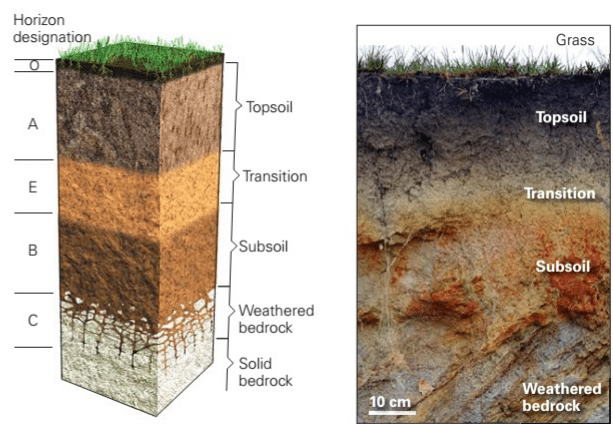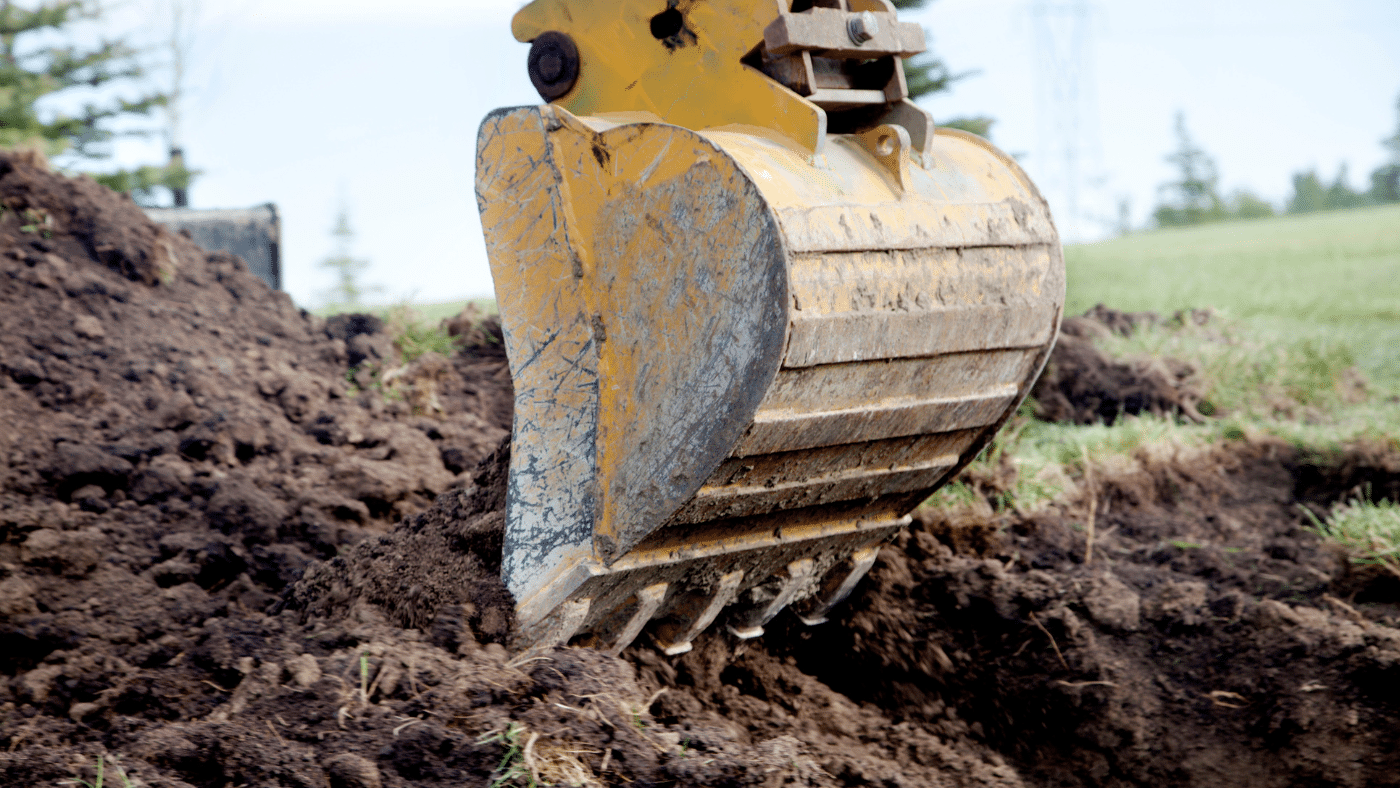What you need to know about Earthwork
Securing budgeting for projects in the development industry in it’s own right can be difficult enough, and expending project funds on moving soils is the last thing any client wants to do. It is not uncommon that clients and engineers alike overlook the importance of knowing how much of that allocated budget needs (or doesn’t need) to be dedicated to preparing the site to build. Here’s what you need to know when planning your next development project.
What is Earthwork?
Earthwork refers to the displacement and dispersing of soils during a construction phasing of a project, particularly “new-builds” or “ground-up” construction projects. It’s defined as the re-shaping of the project’s site terrain through importing and exporting of earth to accommodate the installation of the proposed site infrastructure.
Key Terms You Need To Know and How it Affects Your Project
Excavation (Cut) – Defined as the excess soil material from a project site, that will either need to be redistributed within a project site or exported off-site for storage.
Embankment (Fill) – Defined as the shortage of soil on a project site, often mitigated by importing soils from an off-site storage area.
Over-Excavation – Refers to the portion of soil that needs to be removed so a structural fill section can be installed for load bearing infrastructure. For example, a typical roadway may have a total section thickness of 12” (4” of concrete, 4” of aggregate, 4” of compacted structural fill) in which needs to be removed to construct the pavement section. The additional 12” of cut generated in order to build that pavement section can result in unaccounted for excavation, which either needs to be dispersed on site or hauled off-site for storage.
Expansion – Soil expansion can occur during excavation activities, long-term compacted soils will expand when disturbed and placed in stockpile areas or loaded on to truck beds during export. This can be taken into consideration when estimating the size of a stockpile area or estimating the number of truck loads needed to haul-off the site.
Compaction – Soil compaction occurs after new soils are placed in a construction area. Typically, these soils are compacted through the utilization of rollers and to a specified density but should be considered when estimating the volumes necessary to fill the site.
Structural Fill – Defined as engineered soils that meet specific criteria on which a load bearing structure may be constructed (sidewalk, building, etc.). Often, these soils may not be found on site and need to be imported, which in turn may affect project costs.
Unsuitable Soils – Soils that are not deemed sufficient for supporting structural loads, they may be either used for site finishing or hauled off site.
Contaminated Soils – Soils that contain pollutants on site that are typically uncovered during environmental investigations, these soils are often either chemically treated or need to be hauled off-site and properly disposed of.
Topsoil – Defined as the upper layer of a soil profile, a section in which organic matter such as plants and roots are found. Typically, this layer needs to be stripped from a project site prior to excavation/embankment activities, it can be used for site finishing but it’s classified as unsuitable for structural fill.
Bedrock – Defined as a contiguous mass of rock strata found within the subsurface of a soil profile. Rock drilling is costly and if not identified in the early stages of a project, can become a large unaccounted cost.
Why are these terms important?
While using modern estimating tools such as Civil 3D can be a relatively simple means of obtaining earthwork quantities, other contributing factors including soil conditions, bed rock, topsoil, and over-excavation can quickly run up the project costs if not taken into consideration or identified early in the project. Understanding these potential variables and how they may impact the project can avoid unforeseen expenditures, or even in some cases a complete project shutdown when moving through the execution phases due to high costs.

What is the cost?
Unexpected surplus or deficits for site soils results in earthwork contractors importing or exporting material off-site utilizing trucks. A typical dump truck can haul between 10-14 cubic yards of material. For an example, if a project generates 2000 cubic yards of excess cut and needs to be hauled away to a designated stockpile area, that’s between 140-200 truckloads coming to and from the project site. In addition, the cost of the driving distance to the stockpile area for disposal, dumping fees, and the cost of labor can easily turn into hundreds of thousands of dollars in fees in order to complete the earthwork scope.
Vertex Has You Covered
VERTEX’S team of civil engineers can provide expertise and guidance as you navigate through your next development project. Our team is experienced in advising our clients on making the right choices, at the right times to avoid any budgeting crisis related to project earthwork. From additional geotechnical investigations, environmental assessments, or on-site observations, VERTEX is committed to providing the best answers to our clients questions each step of the way.
To learn more about VERTEX’s Consulting Services and Expert Witness Services, or to speak with a Engineering Expert, call 888.298.5162 or submit an inquiry.
Author: Ethan Rus



